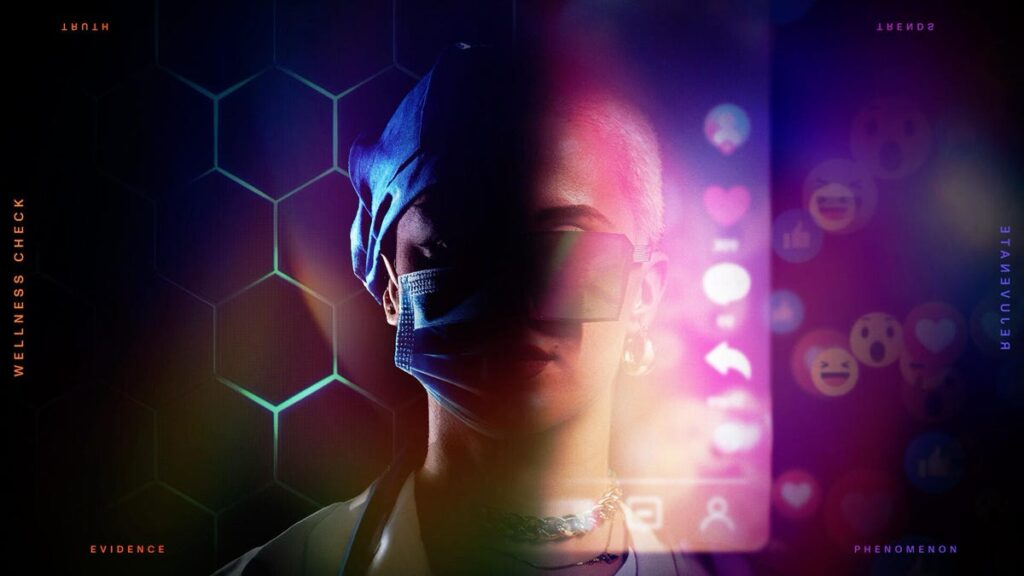
URGENT UPDATE: A staggering 100 million Americans are facing barriers to accessing primary health care, according to new data from the National Association of Community Health Centers. This crisis has been exacerbated by the rise of wellness influencers, who are increasingly filling the void left by traditional healthcare providers, often spreading misinformation.
The 2025 Edelman Trust Barometer reveals a significant decline in trust towards medical institutions, with many patients feeling their doctors are unqualified to handle all their health concerns. This lack of confidence is prompting individuals to turn to social media platforms like TikTok, YouTube, and Instagram for health advice, often from uncredentialed influencers.
Dr. Mike Varshavski, known as “Doctor Mike,” emphasizes that the closure of solo family practices and insufficient reimbursement rates have contributed to the crisis. As COVID-19 worsened distrust in experts, the number of individuals seeking health advice from wellness influencers skyrocketed. Recent studies have shown that 65% of adults report turning to non-institutional sources when their doctors can’t address their health issues.
This trend poses serious risks. Many wellness influencers, like Belle Gibson and Brian Johnson (Liver King), have previously misled their followers with dubious claims about health treatments. In fact, an alarming 81% of cancer cure videos on TikTok have been found to promote false and misleading advice, according to a study conducted by the University of Sydney.
Social media users, particularly young adults, are increasingly susceptible to misinformation. The Pew Research Center states that 58% of individuals aged 18-34 regret health decisions made based on misleading information found online. This indicates a growing need for reliable health information as traditional healthcare becomes less accessible.
As the wellness industry continues to thrive, experts warn that the allure of quick fixes and miraculous solutions offered by influencers can lead to dangerous health decisions. Experts like Jessica B. Steier highlight that the emotional connection followers develop with influencers can overshadow the advice of qualified healthcare professionals.
The urgency of this situation cannot be overstated. If individuals are not equipped to critically evaluate the information they encounter online, they risk making life-altering decisions based on misinformation. Patients are urged to seek second opinions, consult healthcare professionals, and rely on verified sources for health information.
WHAT’S NEXT: As we navigate this healthcare crisis, the focus must shift towards rebuilding trust in medical professionals. Initiatives like the World Health Organization’s Fides network aim to combat misinformation by providing quality health content. The need for transparency and credible information in the digital space is more critical than ever.
With the healthcare landscape rapidly changing, individuals must remain vigilant about the sources they trust. The fight against misinformation is ongoing, and the responsibility falls on both social media platforms and consumers to prioritize accurate health information.





